Introduction to Plants -> steroids
Steroids
Steroids are a class of organic compounds that have a characteristic molecular structure containing four rings of carbon atoms. They play a vital role in various physiological processes in the body, including regulation of metabolism, immune functions, and inflammation.
Types of Steroids
There are three main types of steroids:
- Corticosteroids: These are produced in the adrenal cortex and are involved in regulating metabolism and immune response.
- Sex steroids: This group includes androgens, estrogens, and progestogens, which are responsible for the development of sexual characteristics and reproductive functions.
- Anabolic steroids: These synthetic variants of testosterone are used to promote muscle growth and enhance athletic performance.
Medical Uses of Steroids
Steroids have several medical applications, including:
- Managing inflammation and autoimmune disorders
- Treating hormonal imbalances
- Alleviating symptoms of certain cancers
- Supporting organ transplants by suppressing the immune system
Effects and Risks
While steroids have beneficial effects, they also pose certain risks and side effects, especially when misused. These may include:
- Increased risk of infections
- Weight gain
- Mood swings and aggression
- Cardiovascular complications
- Dependency and addiction
Study Tips
When studying steroids, consider the following tips:
- Understand the different types of steroids and their physiological functions.
- Explore the medical uses and potential risks associated with steroid therapy.
- Compare and contrast the effects of corticosteroids, sex steroids, and anabolic steroids on the body.
- Discuss the ethical and legal considerations surrounding the use of anabolic steroids in sports and bodybuilding.
By mastering the concepts and applications of steroids, you will gain a deeper understanding of their role in human physiology and healthcare.
.◂Science Worksheets and Study Guides Seventh Grade. Introduction to Plants
Study Guide Introduction to Plants
Introduction to Plants  Worksheet/Answer key
Worksheet/Answer key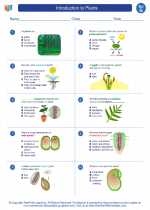 Introduction to Plants
Introduction to Plants  Worksheet/Answer key
Worksheet/Answer key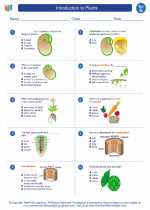 Introduction to Plants
Introduction to Plants  Worksheet/Answer key
Worksheet/Answer key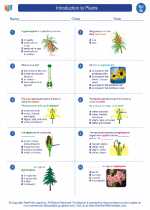 Introduction to Plants
Introduction to Plants  Worksheet/Answer key
Worksheet/Answer key Introduction to Plants
Introduction to Plants  Vocabulary/Answer key
Vocabulary/Answer key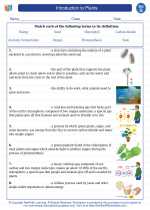 Introduction to Plants
Introduction to Plants  Vocabulary/Answer key
Vocabulary/Answer key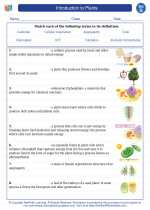 Introduction to Plants
Introduction to Plants  Vocabulary/Answer key
Vocabulary/Answer key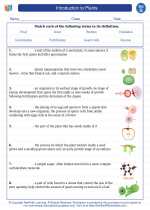 Introduction to Plants
Introduction to Plants  Vocabulary/Answer key
Vocabulary/Answer key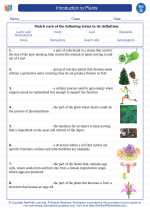 Introduction to Plants
Introduction to Plants  Vocabulary/Answer key
Vocabulary/Answer key Introduction to Plants
Introduction to Plants 

 Worksheet/Answer key
Worksheet/Answer key
 Worksheet/Answer key
Worksheet/Answer key
 Worksheet/Answer key
Worksheet/Answer key
 Worksheet/Answer key
Worksheet/Answer key
 Vocabulary/Answer key
Vocabulary/Answer key
 Vocabulary/Answer key
Vocabulary/Answer key
 Vocabulary/Answer key
Vocabulary/Answer key
 Vocabulary/Answer key
Vocabulary/Answer key
 Vocabulary/Answer key
Vocabulary/Answer key

The resources above cover the following skills:
LIFE SCIENCE
Ecosystems: Interactions, Energy, and Dynamics
Use evidence and scientific reasoning to explain how characteristic animal behaviors (e.g., building nests to protect young from cold, herding to protect young from predators, attracting mates for breeding by producing special sounds and displaying colorful plumage, transferring pollen or seeds to create conditions for seed germination and growth) and specialized plant structures (e.g., flower brightness, nectar, and odor attracting birds that transfer pollen; hard outer shells on seeds providing protection prior to germination) affect the probability of successful reproduction of both animals and plants.